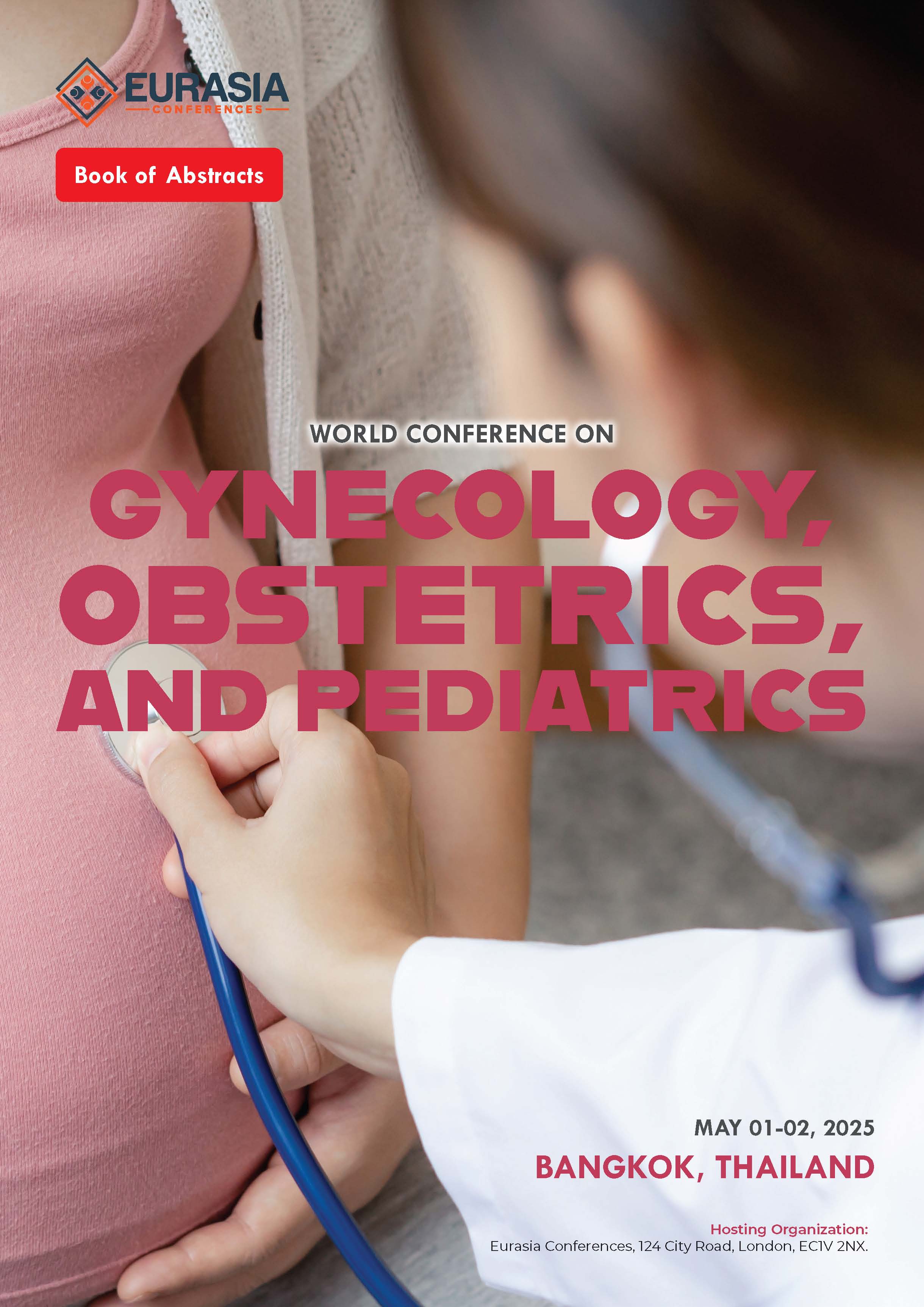
Dina Layla Hossain
Background: Recurrent pregnancy loss (RPL) affects 1-2% of couples attempting to conceive and represents a significant clinical and emotional challenge. Preconceptional counselling offers a valuable opportunity to identify and modify risk factors before conception, potentially improving outcomes for affected couples.
Objective: To evaluate demographic, clinical, and psychological characteristics of women with recurrent pregnancy loss attending preconceptional counselling and identify significant risk factors associated with primary and secondary RPL.
Methods: This cross-sectional study was conducted from October 2020 to September 2021 at the Fetomaternal Medicine Unit, Department of Obstetrics and Gynecology, Dhaka Medical College Hospital. Sixty-nine women with a history of two or more consecutive pregnancy losses were enrolled. Comprehensive assessment included demographic details, medical history, clinical examination, relevant laboratory investigations, and psychological evaluation.
Results: Among participants, 59.4% had the primary RPL and 40.6% had secondary RPL. The mean age was 30.7 ± 4.8 years, with 18.8% above 35 years. Irregular menstruation was reported by 39.1% of women and showed significant association with primary RPL (p=0.041). Obesity (BMI >25) was highly prevalent (55.07%) and significantly associated with both types of RPL (p=0.028). Hypothyroidism affected 14.5% of participants and was significantly associated with primary RPL (p=0.037). Psychological assessment revealed universal presence of negative psychological effects, with clinically significant depressive symptoms in 73.9% and pregnancy-related anxiety in 88.4% of participants.
Conclusion: Preconceptional counseling serves as an essential gateway for evaluating women with RPL, revealing significant modifiable risk factors including obesity, hypothyroidism, and psychological distress. The study highlights the importance of comprehensive assessment including endocrine evaluation and psychological support before conception. Addressing these risk factors through targeted interventions during the preconceptional period may improve subsequent pregnancy outcomes and alleviate the emotional burden associated with recurrent pregnancy loss.